Cedar Pruning for Healthy Growth
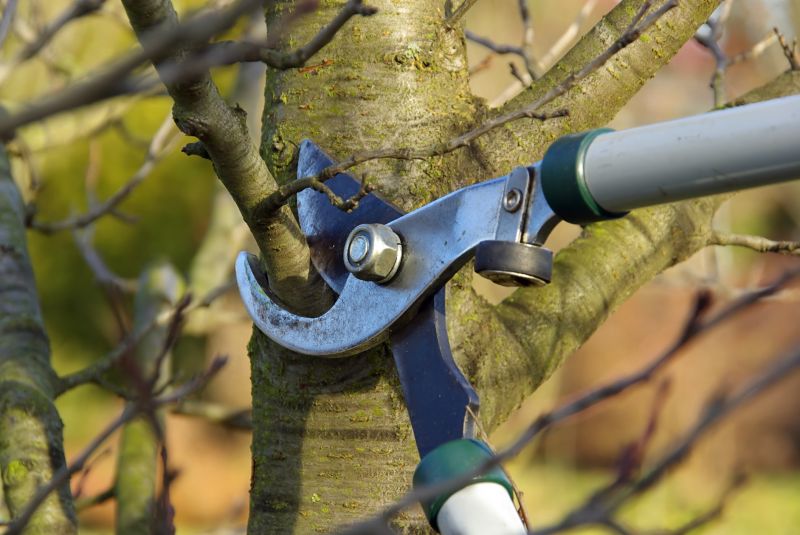
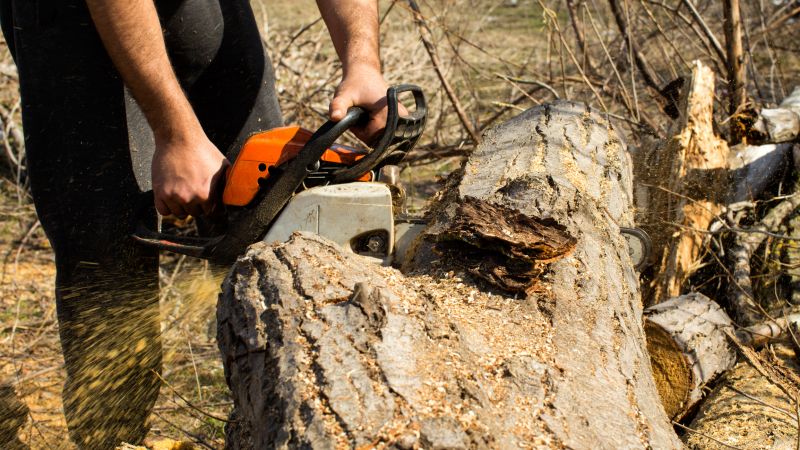
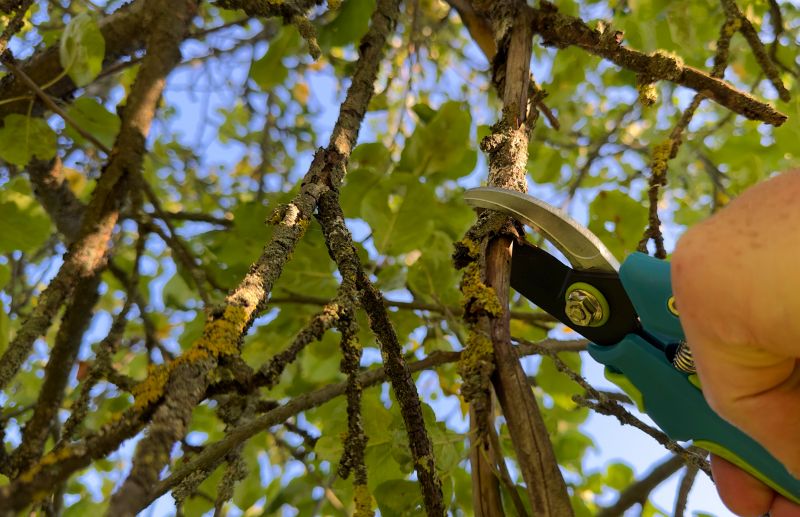
Cedar tree prunings involve trimming and removing dead or overgrown branches to maintain the health and appearance of cedar trees. Proper pruning can promote new growth, improve airflow, and prevent disease. The amount of prunings generated depends on the size and age of the tree, with mature cedar trees producing significant amounts of debris during pruning sessions.
The process of cedar tree pruning typically includes assessing the tree's structure, removing damaged or diseased branches, and shaping the canopy for optimal growth. This work requires specialized tools such as pruning saws, shears, and safety gear. Pruning is usually performed during specific seasons to ensure the health of the tree and minimize stress.
A professional can complete cedar tree pruning within a few hours, depending on the tree's size and complexity.
Hiring a professional ensures proper technique, safety, and the health of the cedar tree, reducing the risk of damage or over-pruning.
Techniques include crown thinning, crown raising, and selective removal of dead branches to promote healthy growth.
Specialized tools such as pruning saws, pole pruners, and loppers are used for efficient and safe trimming.
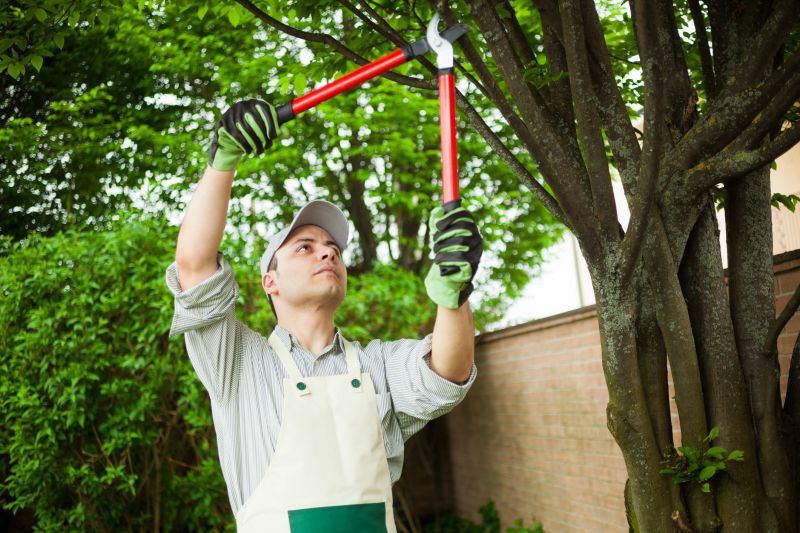
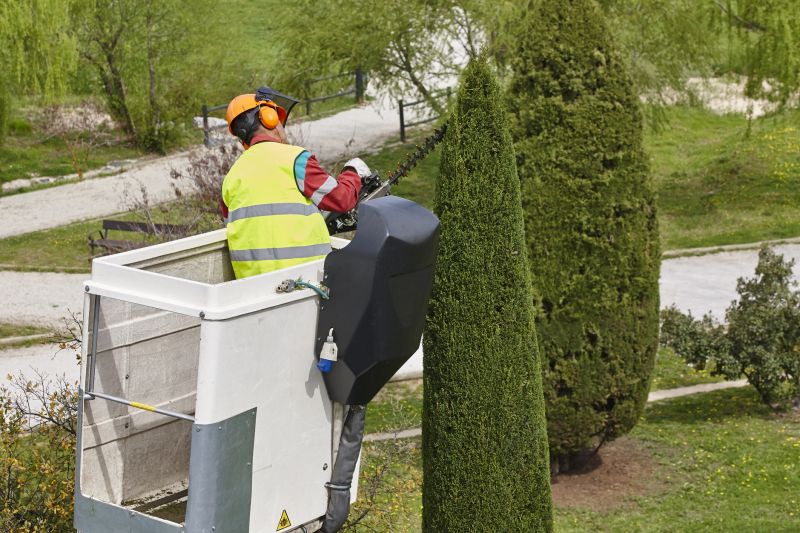
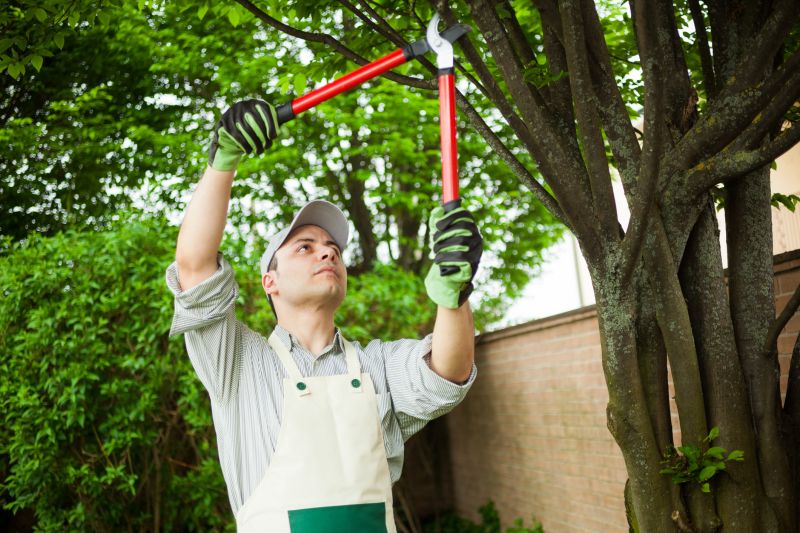
Engaging a professional for cedar tree prunings ensures the work is performed safely and effectively. Professionals have the experience to determine the best pruning techniques for the health and aesthetics of the tree. Proper pruning also minimizes the risk of damage to surrounding landscape and structures. The process typically involves careful planning, precise cuts, and cleanup of debris to leave the landscape tidy.
Once pruning is completed, the removed branches are collected and disposed of or recycled. The cleanup process is essential to prevent potential hazards and maintain landscape appearance. Proper disposal of cedar prunings can also be part of landscape waste management practices.



